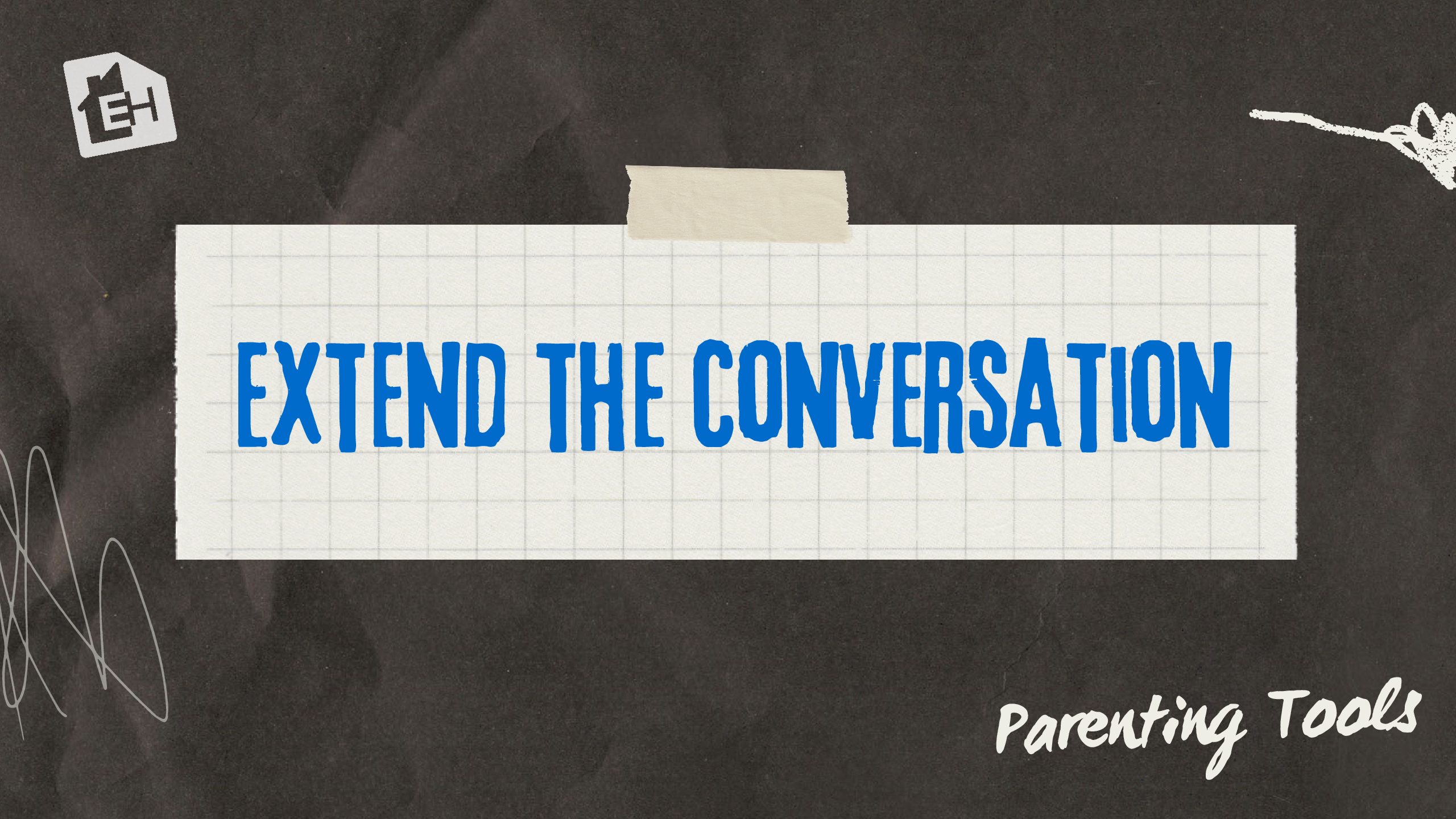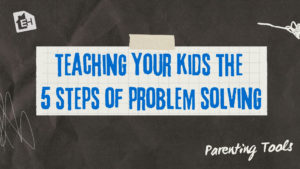
Our kids are growing up in a text message, quick answer world. While I love the quickness of our communication it does have some drawbacks when raising our kids. Many parents feel like they cannot have a conversation with their kids because their kids don’t want to talk. While this may be true in some cases, it may also be that you must work on the skill of asking good questions that’ll get your kids to talk. Here are seven questions to add to your conversation tool belt.
1. How did that make you feel?
You may not want to talk about your feelings, but our words and our feelings communicate together in powerful ways. Asking this question acknowledges that it is okay to express our feelings, and it also will give you insight into more discussion as you talk. This question expresses concern and that moms and dad cares.
2. Why do you think _________ is this way?
When talking about current events, school or everyday life, this question allows you to hear how your kids are processing the world. Even if they don’t have an answer, it forces them to think more deeply about what they are communicating to you.
3. Can you help me understanding what you are thinking?
There are times where we genuinely do not know what our kids are thinking. Instead of finding ourselves frustrated, throw this question on the table. Refrain from using this question during a heated discussion with your kids because it may cause more conflict than clarity.
4. Could you repeat that? Say that again?
I use this one all the time with my kids. Sometimes they say things that are confusing or simply not true. Asking them to repeat it allows me to make sure I heard them correctly. The sad reality is that I also use this question when I’m on my phone and I miss the full statement from my kids. Don’t feel guilty, ask them to say it again.
5. Help me understand?
With genuine concern, asking this question will communicate that you want to understand what is going on. Whether it’s a topic you don’t understand or a situation, this question forces them to explain.
6. What do you think we should do about it?
As your kids grow, our role begins to change from caregiver to coach. As we coach our kids we have to help them problem solve and navigate situations on their own. This question lets us hear when they think, but also gives us access to help coach them through whatever they are going through.
7. On a scale of 1-10, how important is this to you?
A few weeks ago, my oldest son came up to me excited to share something that just happened on his video game. I couldn’t keep up and I asked this question. It took him a few seconds to respond, but he said, “I think a 7.” I assumed he would say a lower number, however, his high rating helped me see an opportunity to spend the next few moments together laughing and enjoying the game because I extended the conversation.
More Tools For Your Parenting Tool Belt

Empowered Homes Podcast: Extending the Conversation

Moments Matter

Teaching Your Kids the 5 Steps to Problem Solving

How to Use The Right Parenting Voice

Working Out Parent Guilt and Regret

